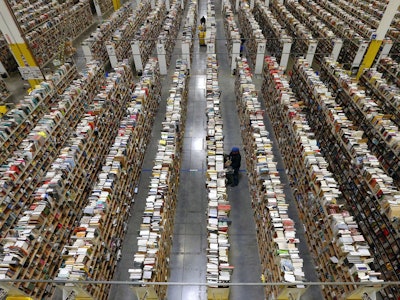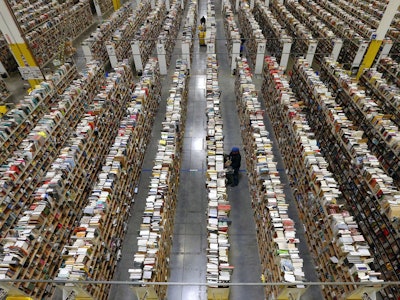
 Jared Smith, Avetta Co-Founder
Jared Smith, Avetta Co-FounderWhen you’re looking to hire a new contractor in your supply chain, how do you determine if the company is going to be a good fit?
The task can be daunting, especially when the companies are overseas. But this is where companies like Avetta come in.
Ten years ago, the idea for Avetta started simply enough, explains Jared Smith, one of the company’s co-founders. As a software technology business, Avetta — originally called PICS Auditing — aimed to help major corporations vet suppliers for reliability and performance.
Now, Smith says Avetta offers a sophisticated tool that relies on cloud-based technology and a workforce of around 200 employees who thoroughly screen supply chain contractors and suppliers. In the end, their clients are given a data-driven score and insights into if that company is well managed or if they need to improve.
Avetta now boasts a roster of mega-corporation clients including BASF, ExxonMobil, Verizon and GE.
And their services aren’t just useful for their clients — Smith says undergoing an audit can also be a good incentive for supply chain contractors to improve business management practices that make them more attractive to potential employers.
So, after a client has picked a supply chain contractor because they are the best at their craft, how does Avetta ensure that contractor has the good business practices to back it up?
Here are the top three questions Smith says Avetta auditors ask when vetting supply chain contractors:
Regulatory Compliance
Has your company been investigated by the EPA? Or received a citation from OSHA?
Some companies may skirt regulatory requirements to cut costs, or they may not even know about certain rules. But Smith says Avetta looks at regulations that affect every industry — from safety to training requirements — to make sure companies are keeping up. If they’re not, an audit may give the company the information they need to get into compliance and not miss out on a lucrative contract.
Performance
Major accidents can leave a dark cloud over a company’s image. But auditors don’t assume that every accident was the company’s fault.

They will, however, aim to take a detailed look at recordable incidents. They analyze the degree of accidents and look for the root cause.
These indicators, along with regulatory compliance, help paint a picture of how well the company performs.
Management Engagement
This indicator can be difficult to measure. But often by using interviews with employees, talking to HR and looking at training materials, auditors can get a good idea of how engaged management is with the employees and business.
Specifically, they ask employees questions along the lines of: Do you feel empowered to stop work and identify a hazard if it doesn’t feel safe? And: What types of staff meetings are there and who attends?
According to Smith, this indicator “gives you a good pulse of the company.”


















